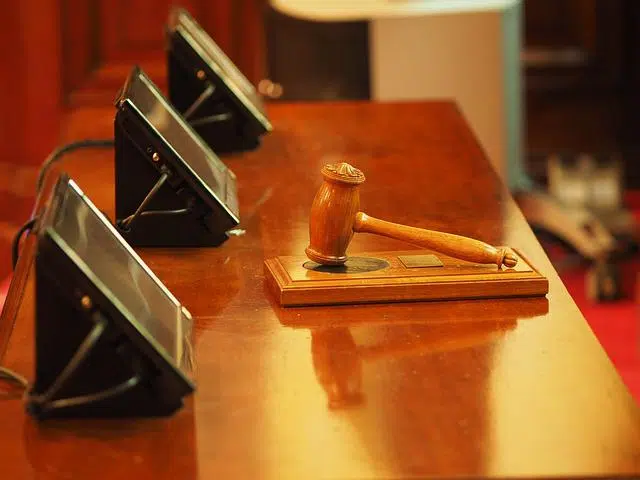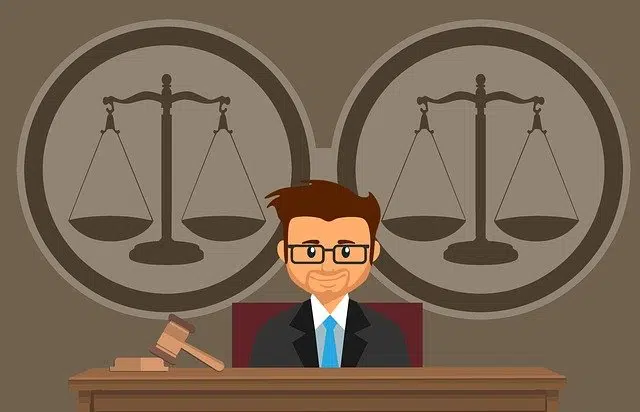
When it is estimated that a judge will not be impartial, recusal may be resorted to.
Recusation is a concept that has its origin in the Latin word recusatio . It is about the procedure and the result of recusing (rejecting something, not consenting to it). The notion is frequently used in the judicial context.
A recusal, therefore, is the act through which a judge, a member of a court or a prosecutor is asked not to intervene in a certain judicial process because they consider that their impartiality is not guaranteed . This challenge must be presented by the interested party, which, through a formal writing, states the causes of the challenge.
This procedural act can be promoted at any point in the procedure , that is, it does not matter if the interested party does not realize from the beginning that the participation of the other party may harm it; As soon as you become aware of your potential impartiality, you have the right to demand that you disassociate yourself from the judicial process.
Reasons for a recusal
One of the fundamental points of recusal is that there must be valid and legitimate evidence that allows the interested party 's wishes to be carried out; Needless to say, if this were not the case, any person could alter the stability of a judicial procedure by demanding at every step a change in the participating authorities , either because they believe that they will not rule in their favor or simply to save time, for example.
The final decision on the recusal is in the hands of a superior judge , who must define whether the recused judge can continue acting in the process . The existence of a personal link between the judge and one of the parties, the fact that the judge has obtained some benefit or prejudgment are some of the causes that can motivate a challenge.
It is important to keep in mind that recusal is a mechanism provided by law . The parties involved in a process have the right to demand that the judge withdraw from the case when he has prejudged or when there are reasons to believe that he will not be impartial. If the challenge is accepted, the judge will be considered incompetent in the case in question (that is, he will no longer have jurisdiction even though he maintains jurisdiction).

Recusal is a procedural act that can be initiated at any stage of a procedure.
An example
Suppose a former employee of a company accuses the company owner of firing him because of his sexual orientation, suing him for discrimination. The employer, on the other hand, claims that the worker was fired for stealing money. Because the judge who must decide the case was a schoolmate of the businessman, the plaintiff requests the recusal.
The impartiality of a judge in a trial is a very serious fault, since it puts the freedom of third parties at risk, and therefore can also bring serious consequences for the first party if it is discovered that he or she consciously pursues a benefit. We all have the right to be measured by the same rule , to be judged without taking into account any type of information that exceeds the limits of the evidence provided by the accusation .
Recusal and excuse
A legal concept related to recusal is the excuse , a power that judges have to abstain from hearing a process if one or more circumstances arise that call into question their own impartiality, which may be the following:
* that one of the parties has some type of connection with the judge, such as a blood relationship or a relationship of friendship or knowledge close enough to prevent them from acting with absolute objectivity;
* that the judge has prejudged;
* that one of the parties has given you a gift;
* that the judge has filed a complaint for one of the parties.
